In honor of Bicycle Day, I have illustrated one of my favorite quotes from psychedelics advocate Timothy Leary. I just love this microscope metaphor!
Enjoy 🌈
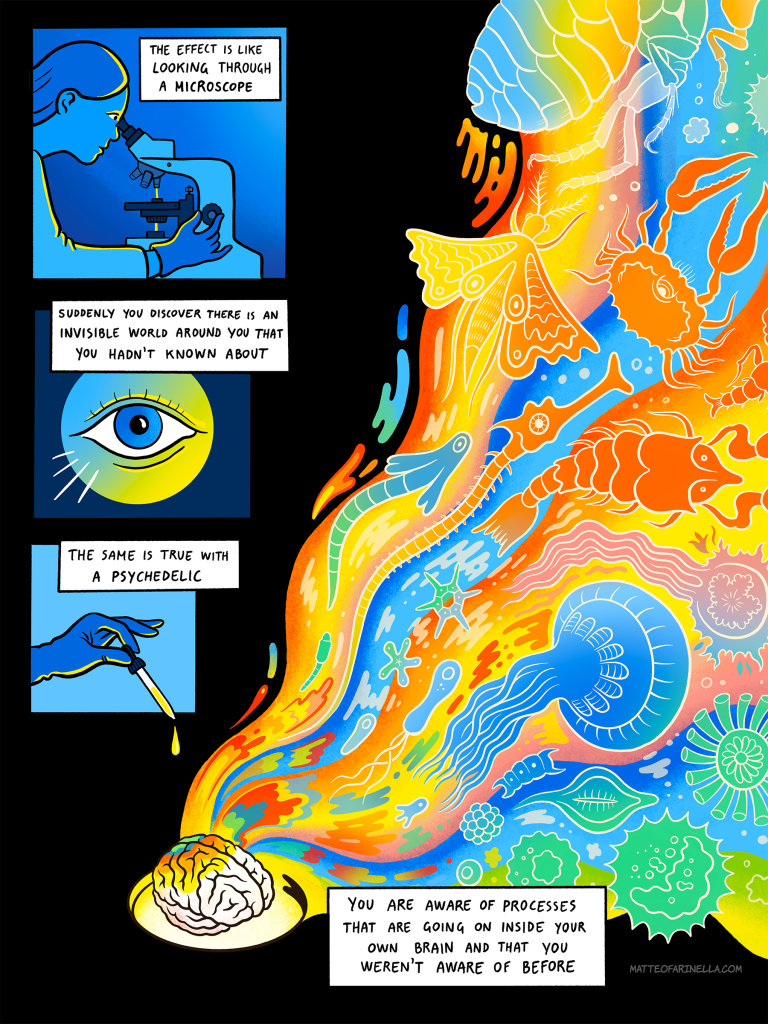
In honor of Bicycle Day, I have illustrated one of my favorite quotes from psychedelics advocate Timothy Leary. I just love this microscope metaphor!
Enjoy 🌈

I have just returned from ASU Emerge, an art and science festival in Tempe, Arizona. The theme of the 2017 edition was Frankenstein, “a 200-year old novel that still motivates us to think critically about our creative agency and scientific responsibility”. I was there mostly to talk about Neurocomic and document the amazing work done by the other participants but since the science behind Frankenstein has interesting connections with the history of neuroscience and a little known Italian scientist from my hometown, Bologna, I decided to make a special minicomic for the occasion (very much in the spirit of the Little Albert Experiment).
Here is a digital version for those of you who couldn’t get a copy at the event. Many thanks to ASU and the organizers for supporting my work!
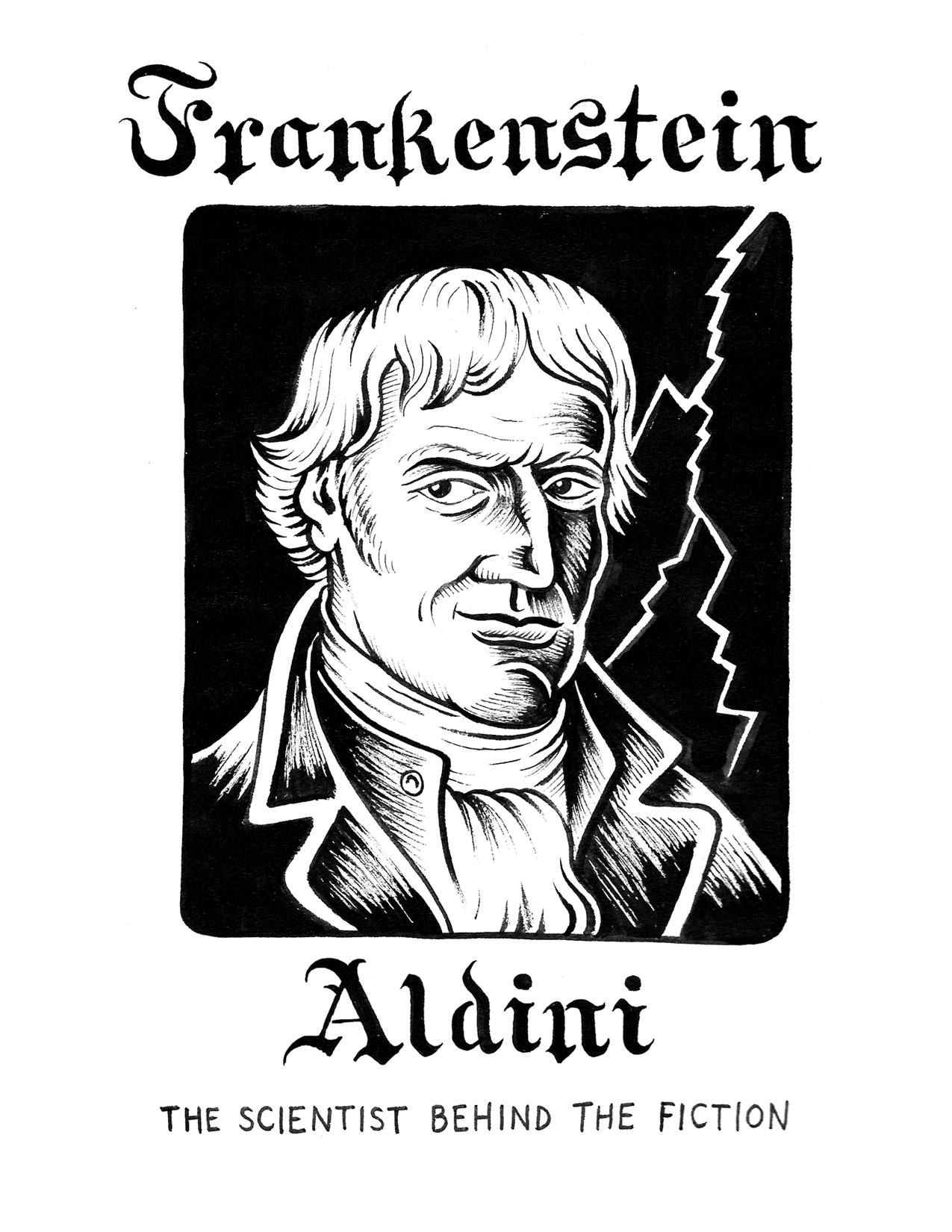
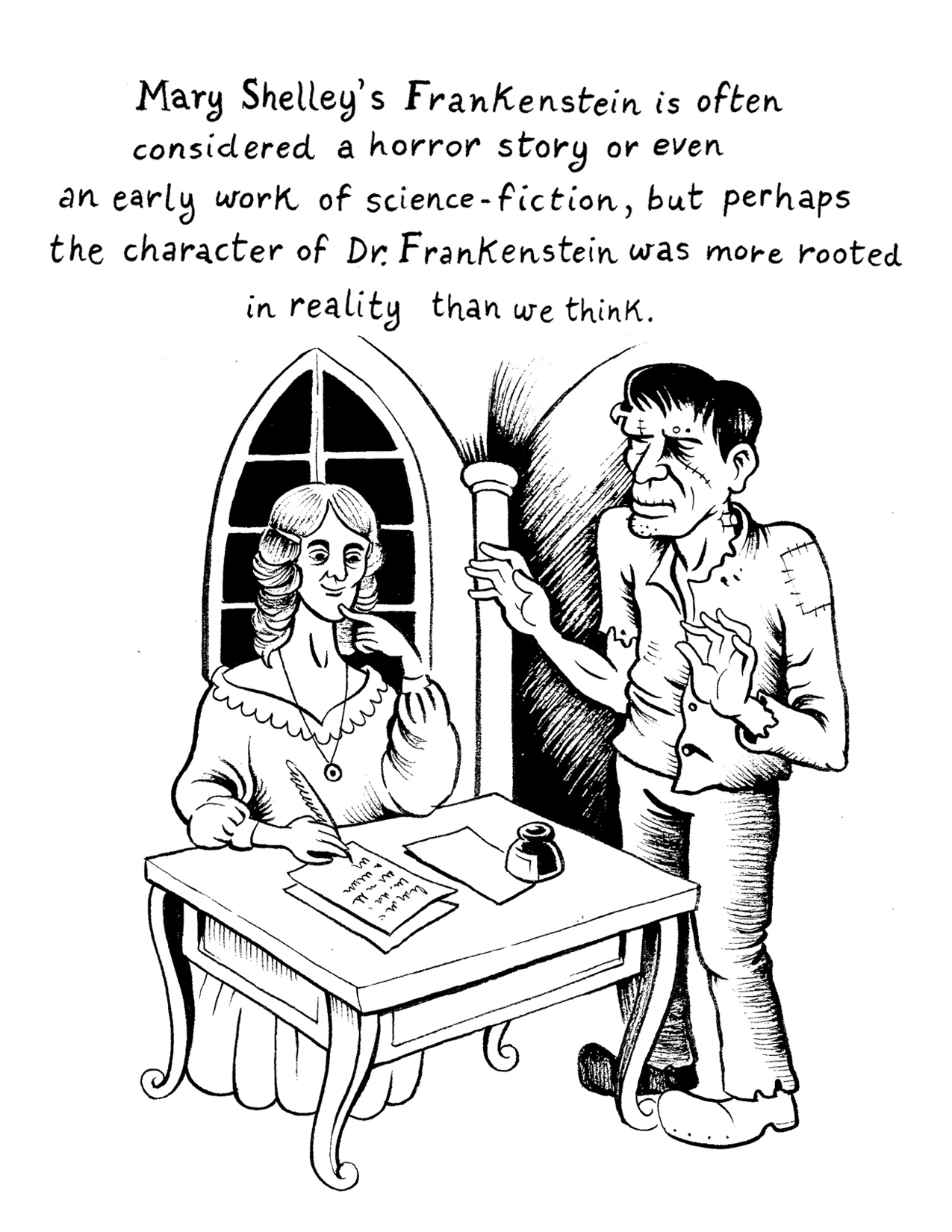
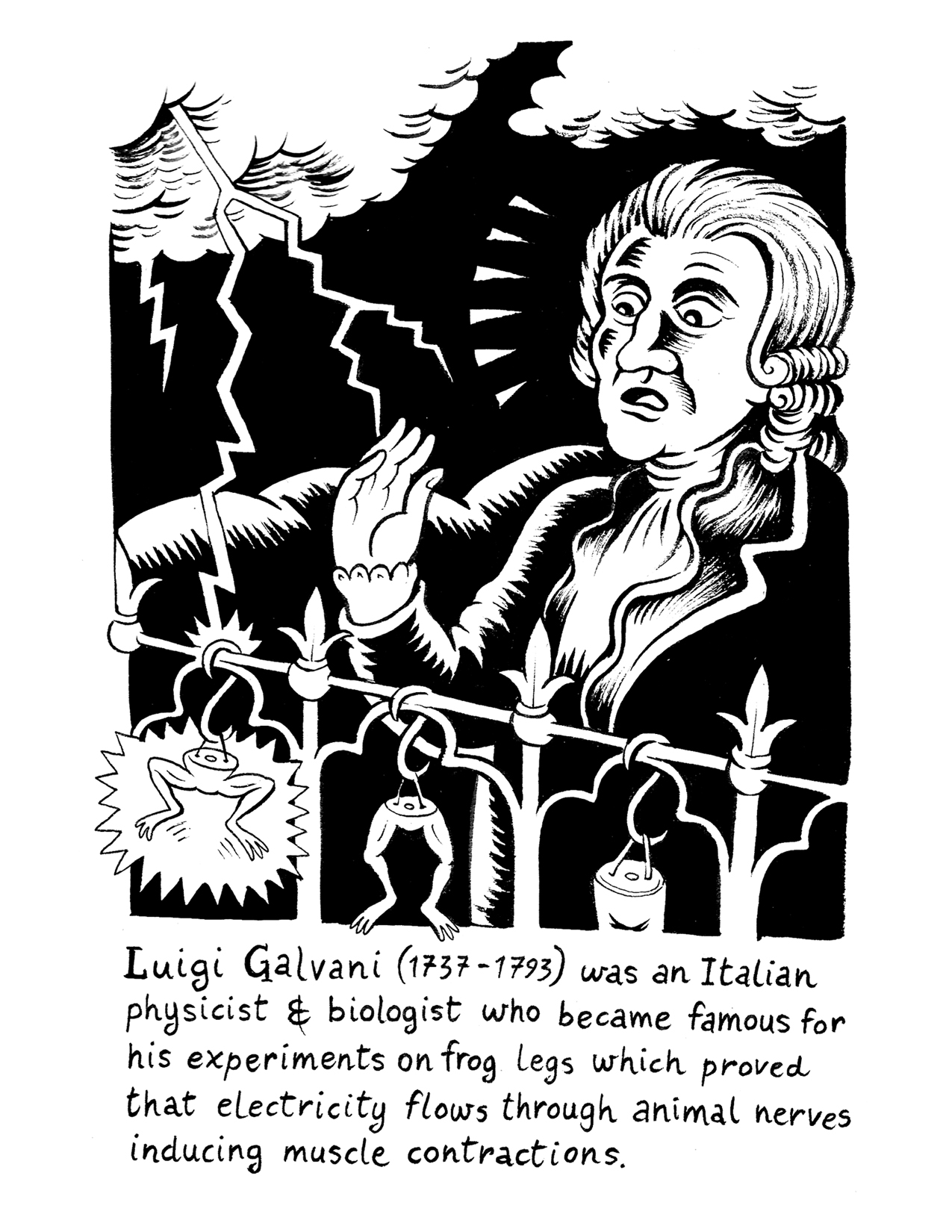
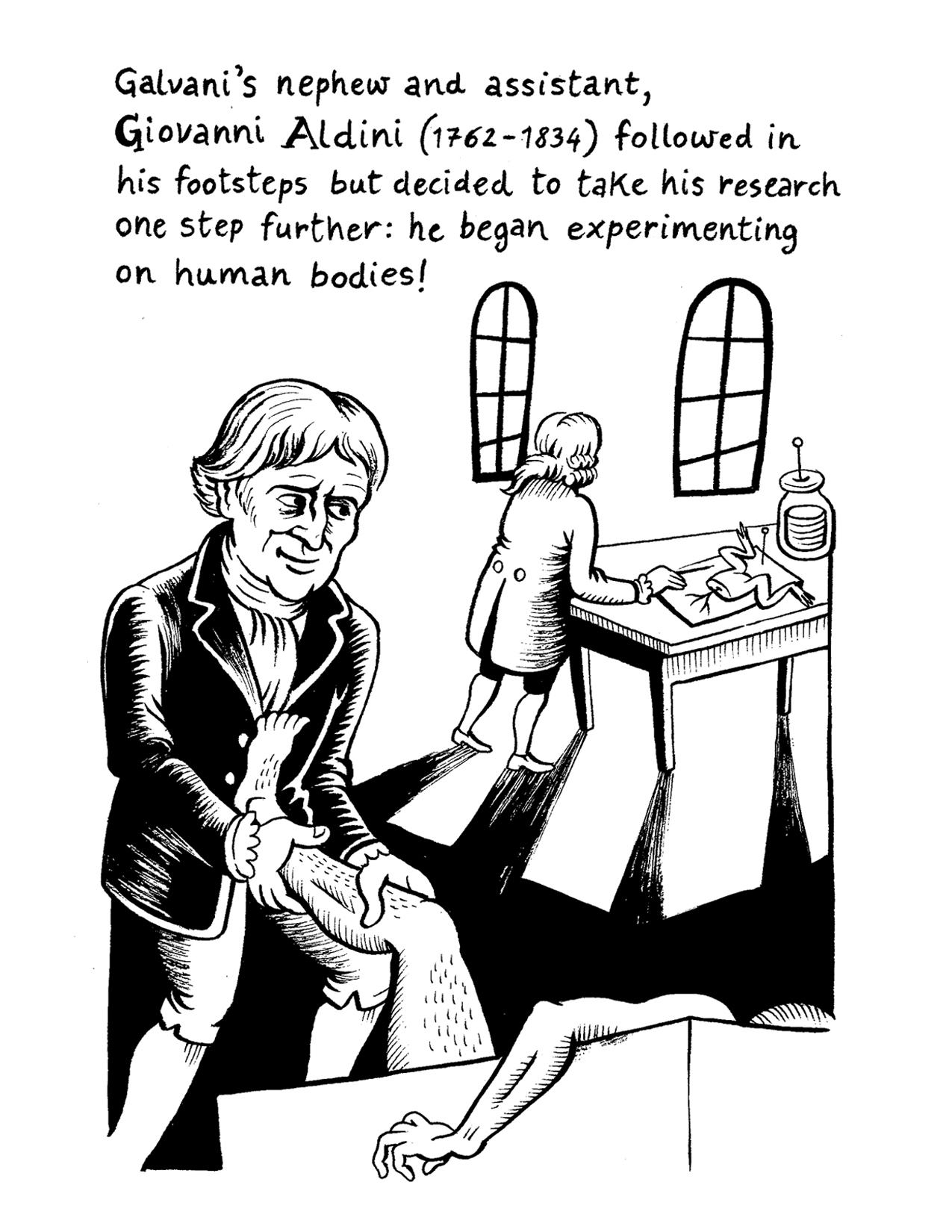
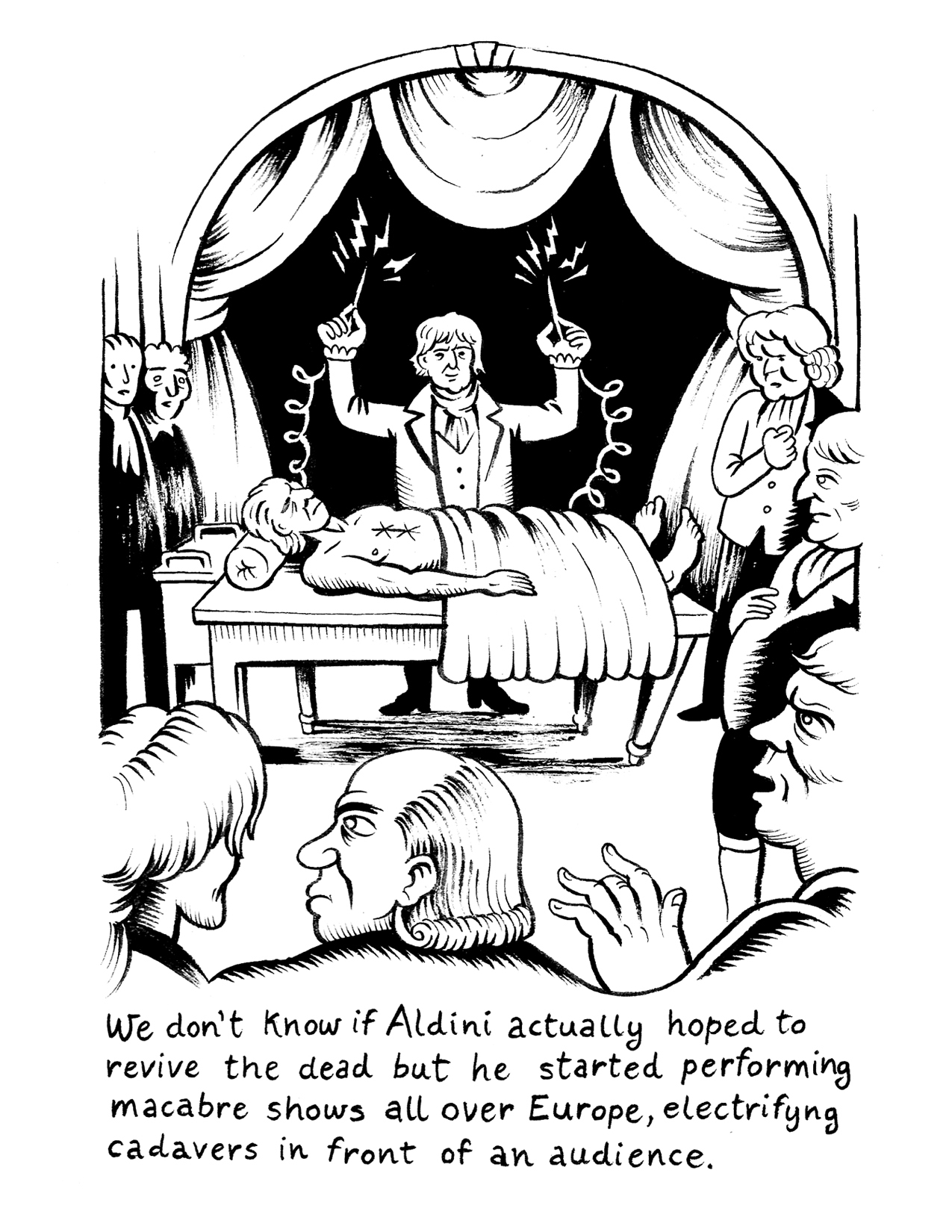
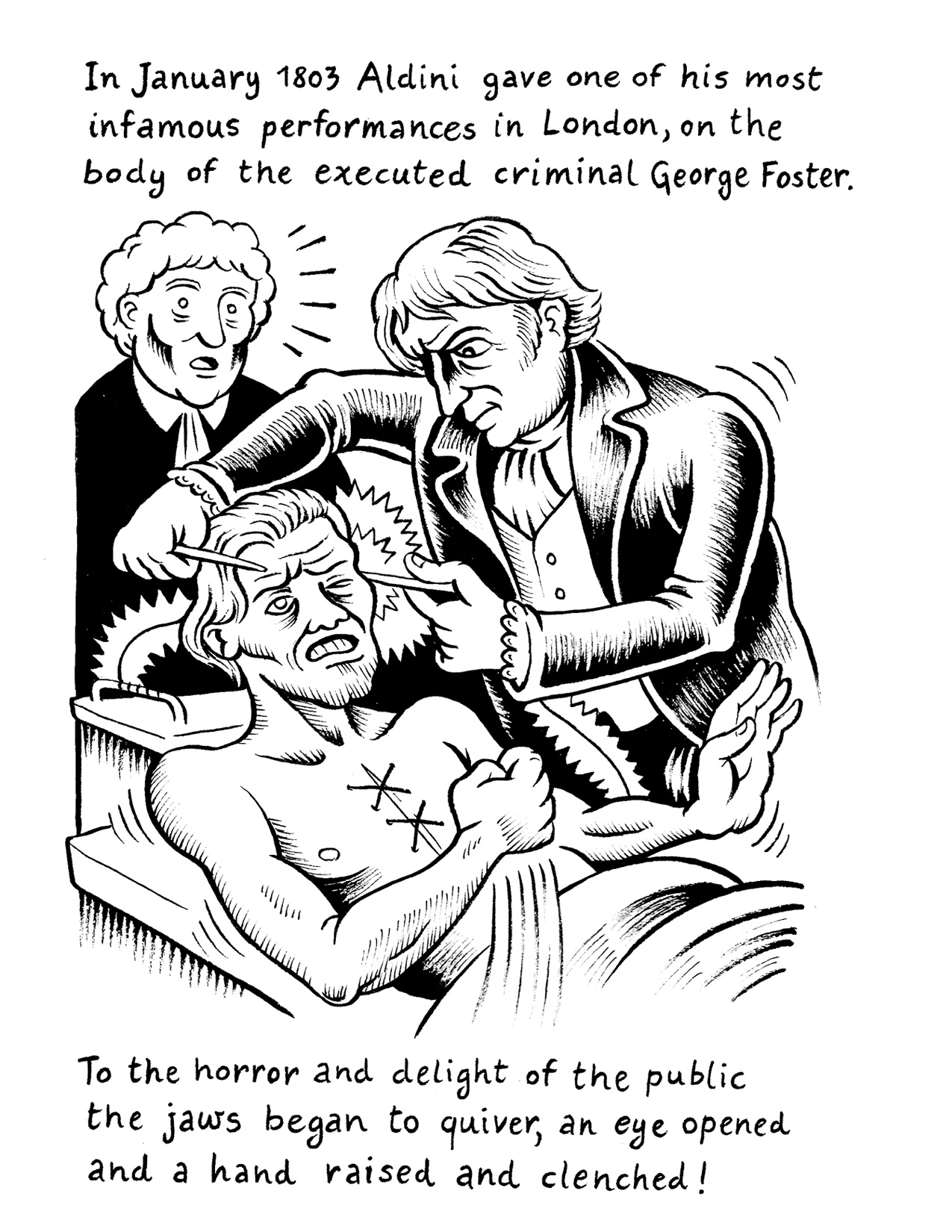
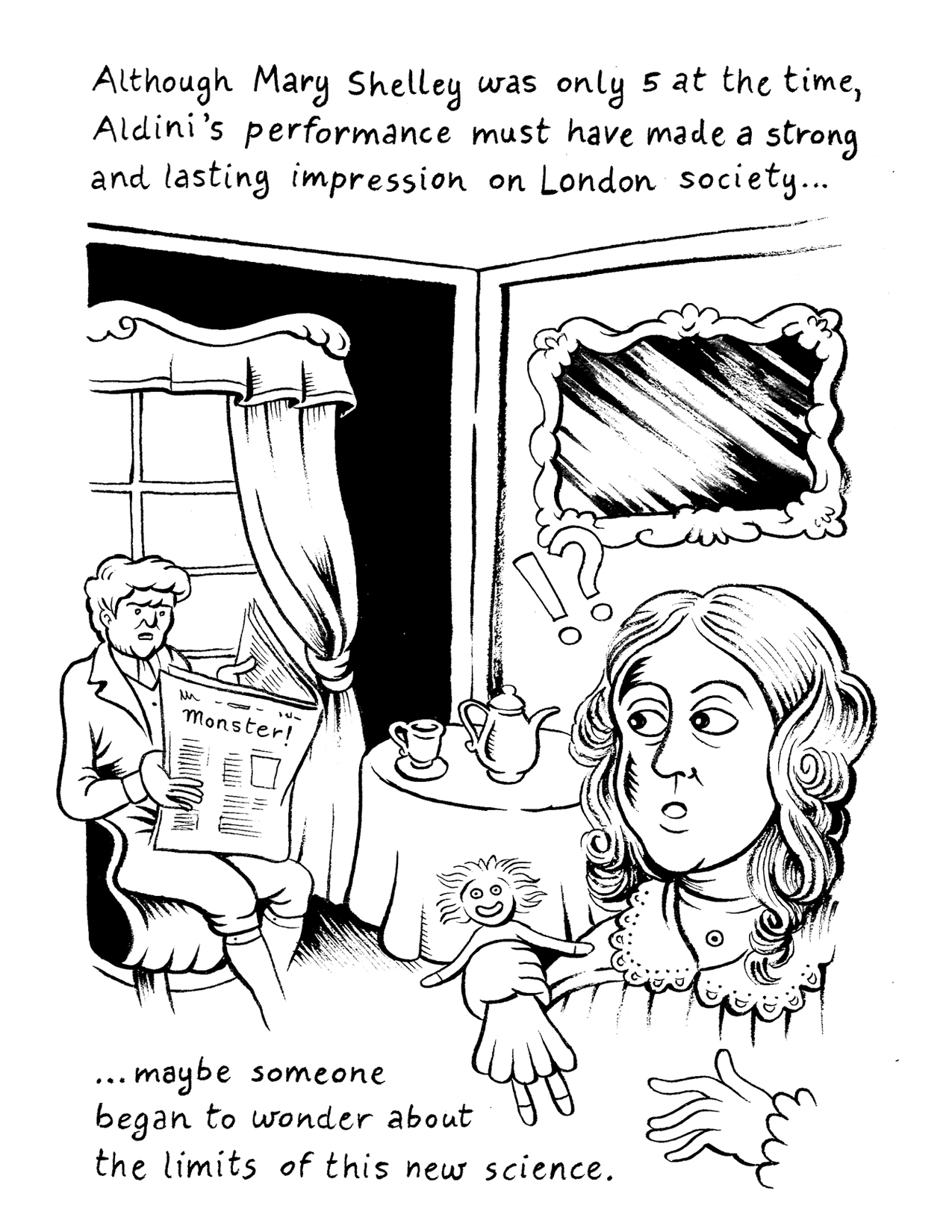
PS: as usual you can read this story also on Medium.
Christmas is upon us and I realised that I have been so busy this year (between my new research project and my new books) that I didn’t have time to draw any short stories, which have always been my favourite format. So, when I learnt about the troubles of Christmas Island on the new Planet Earth (and later discovered that the story is even more complicated) I decided that it was time for a little personal project. This short comic is the result, it’s inspired by science – because of course it is – but I hope it can also be read as fiction and enjoyed regardless of the science. However, if you do want to know more of the biology here is all all the info you need. Happy holidays!
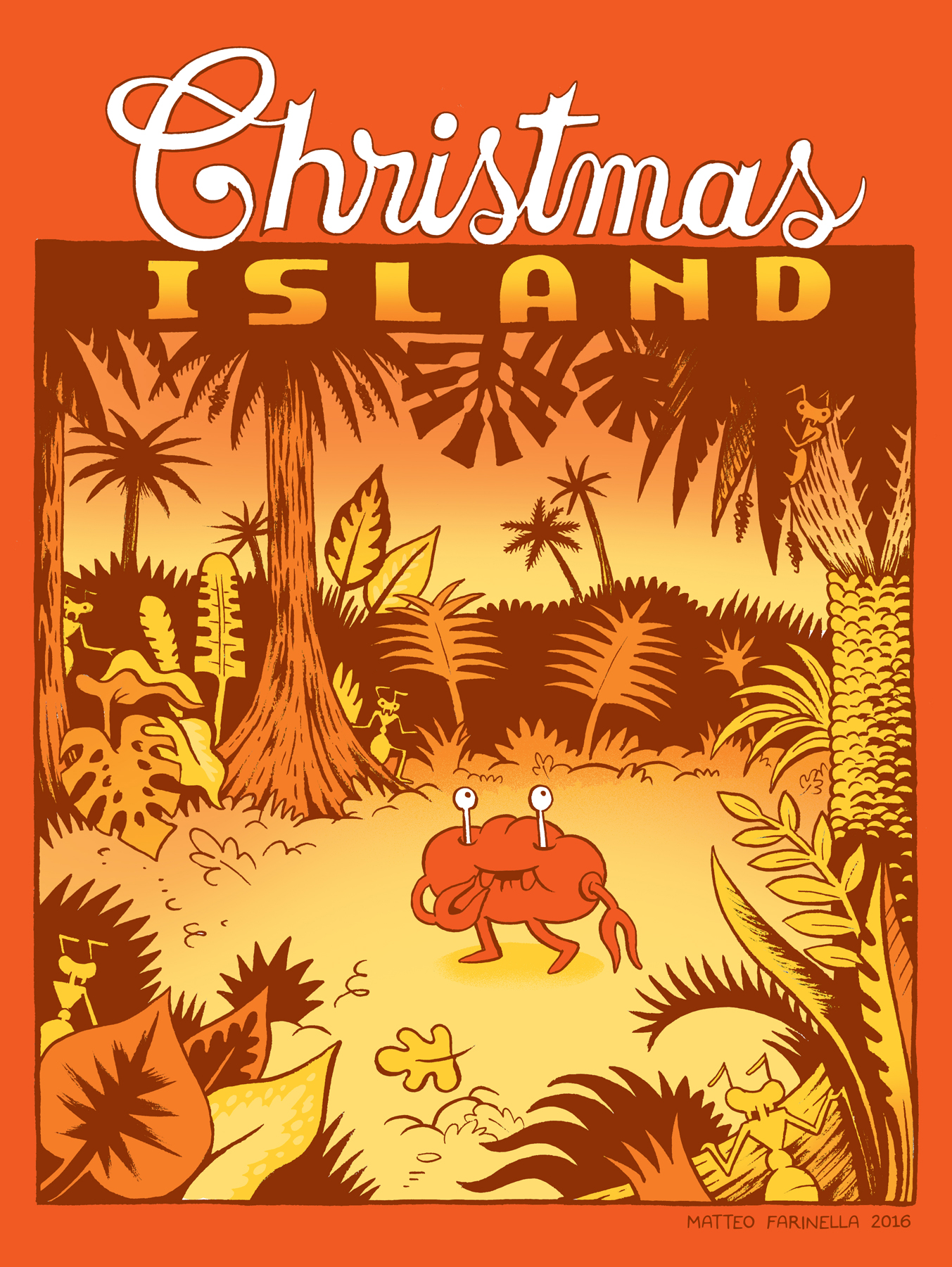
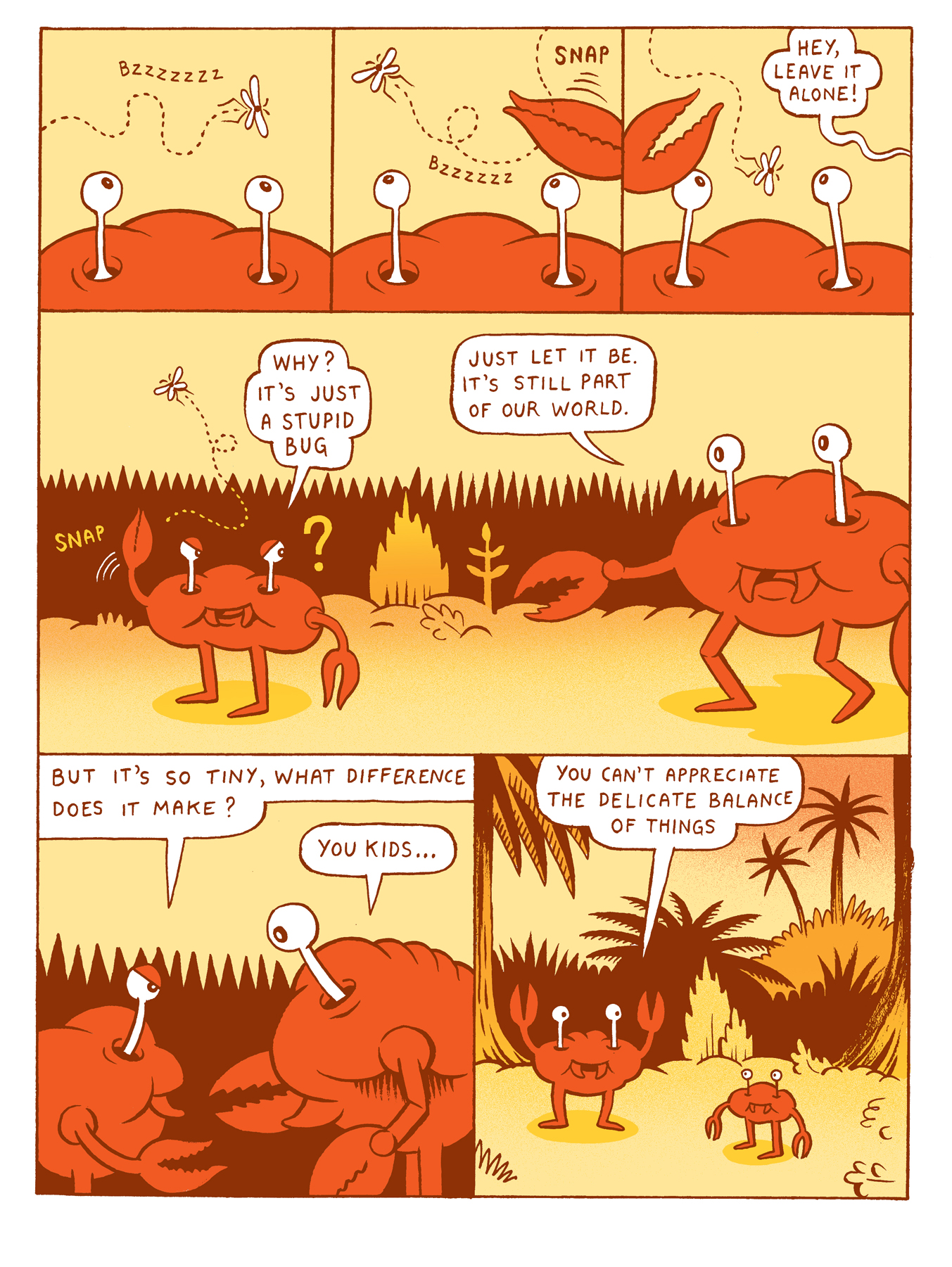
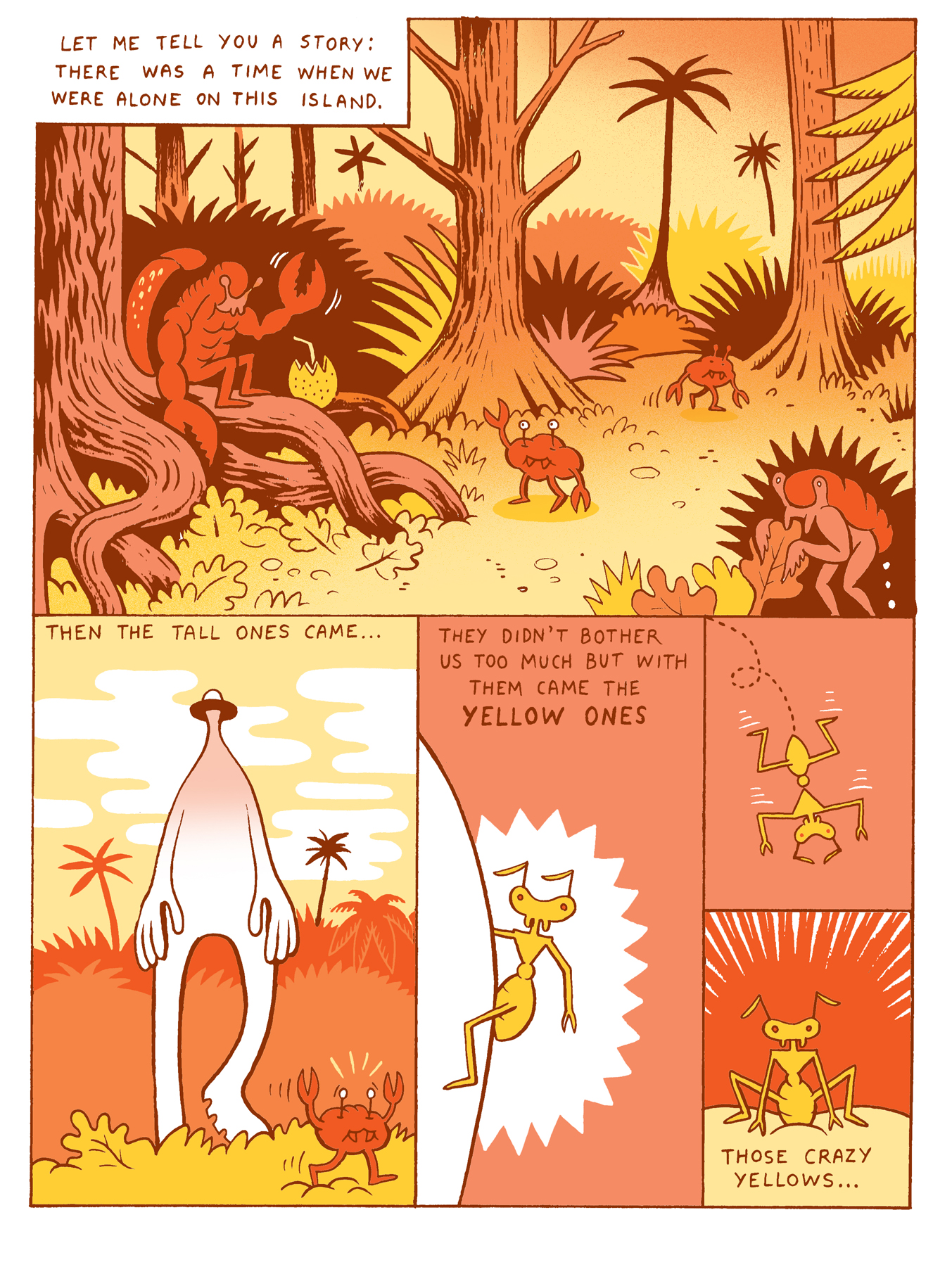
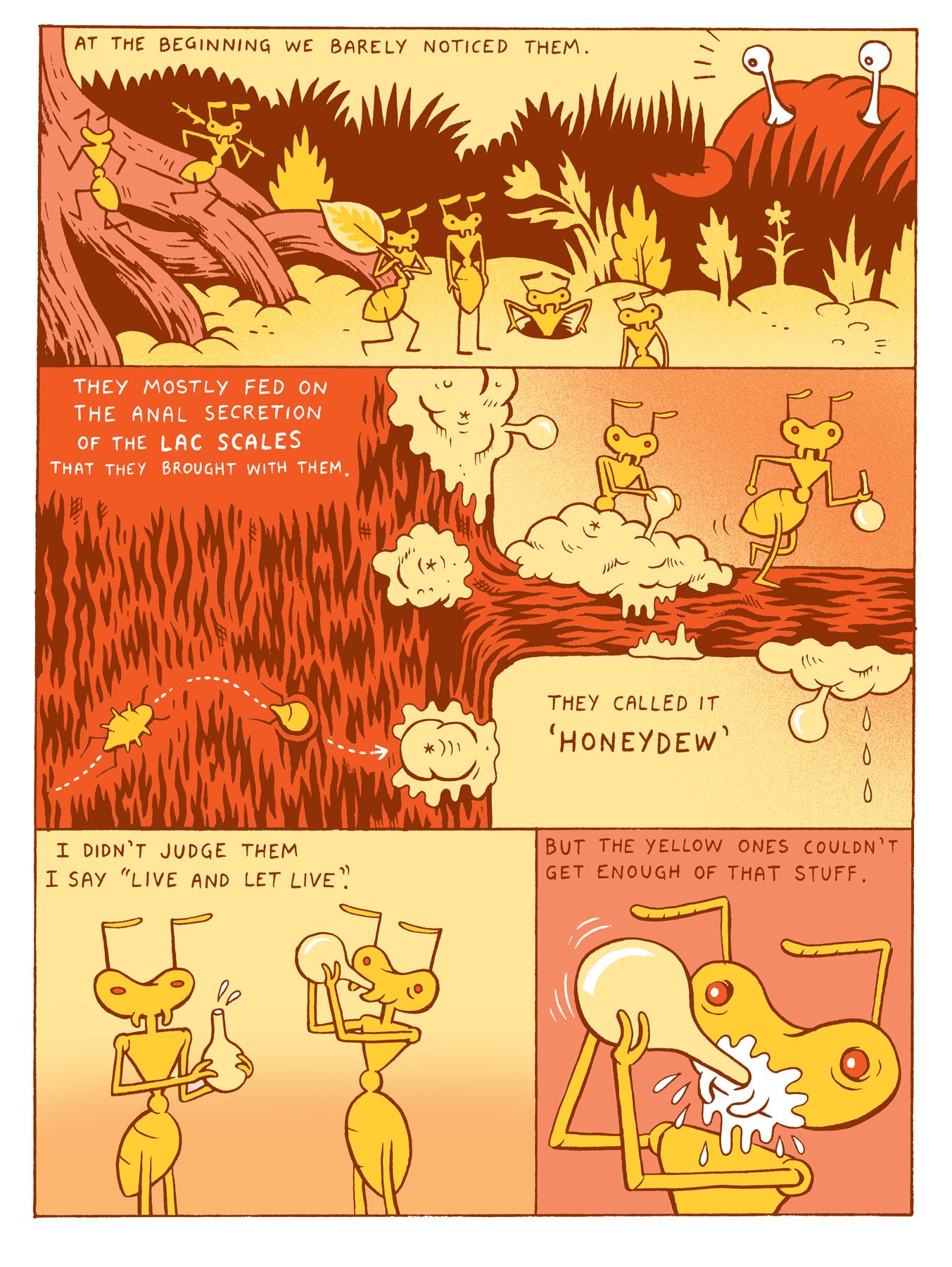
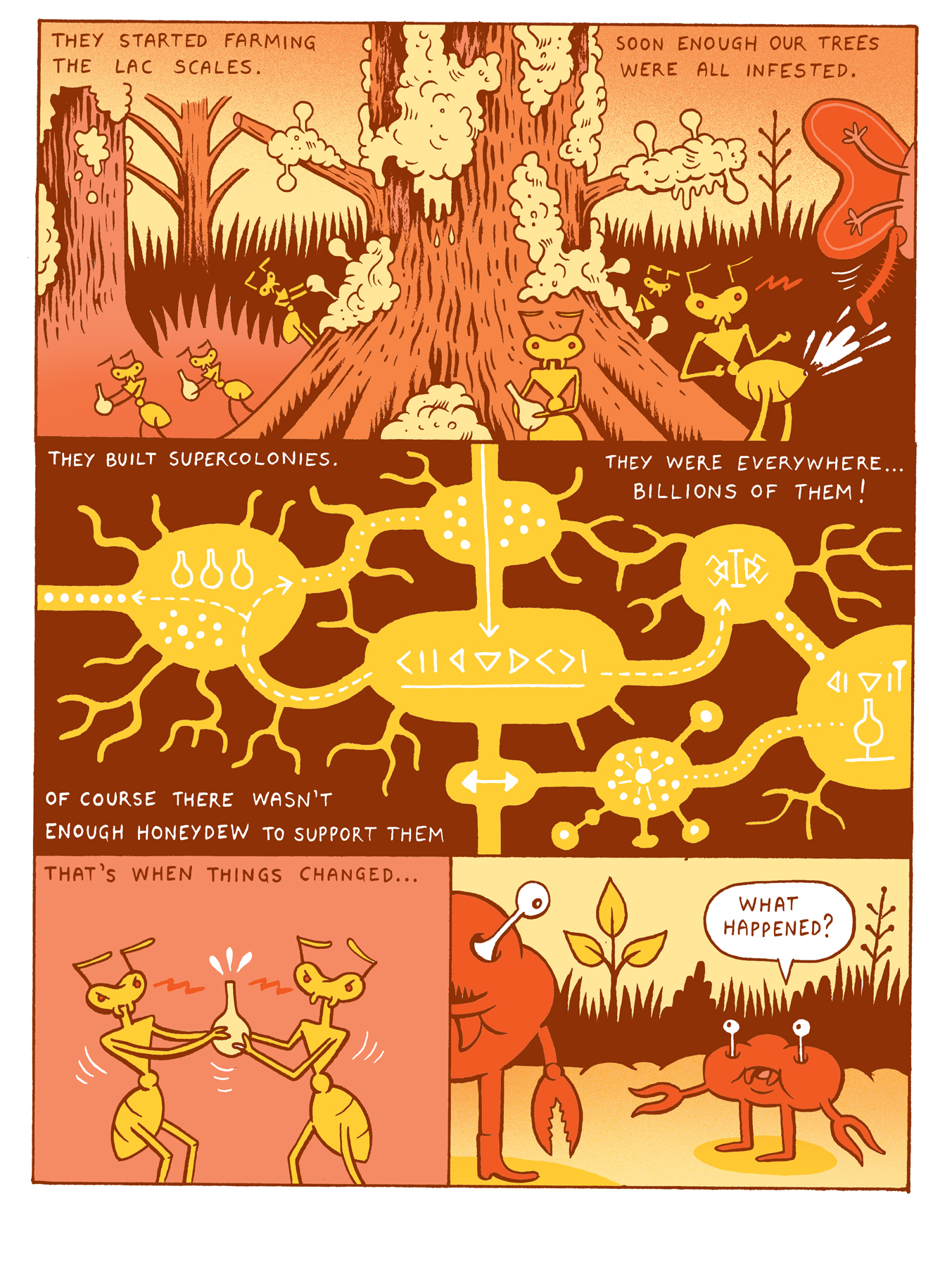
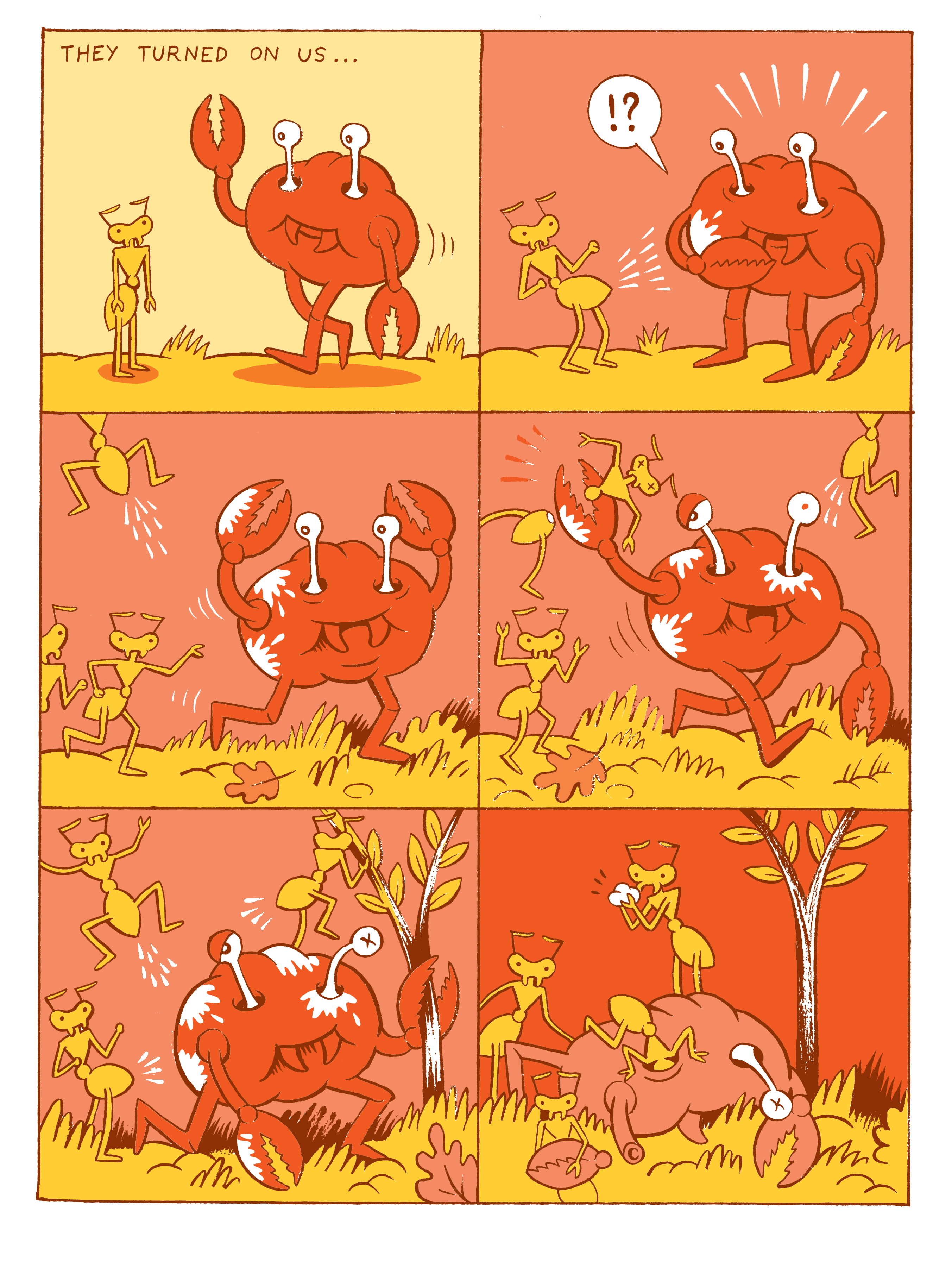
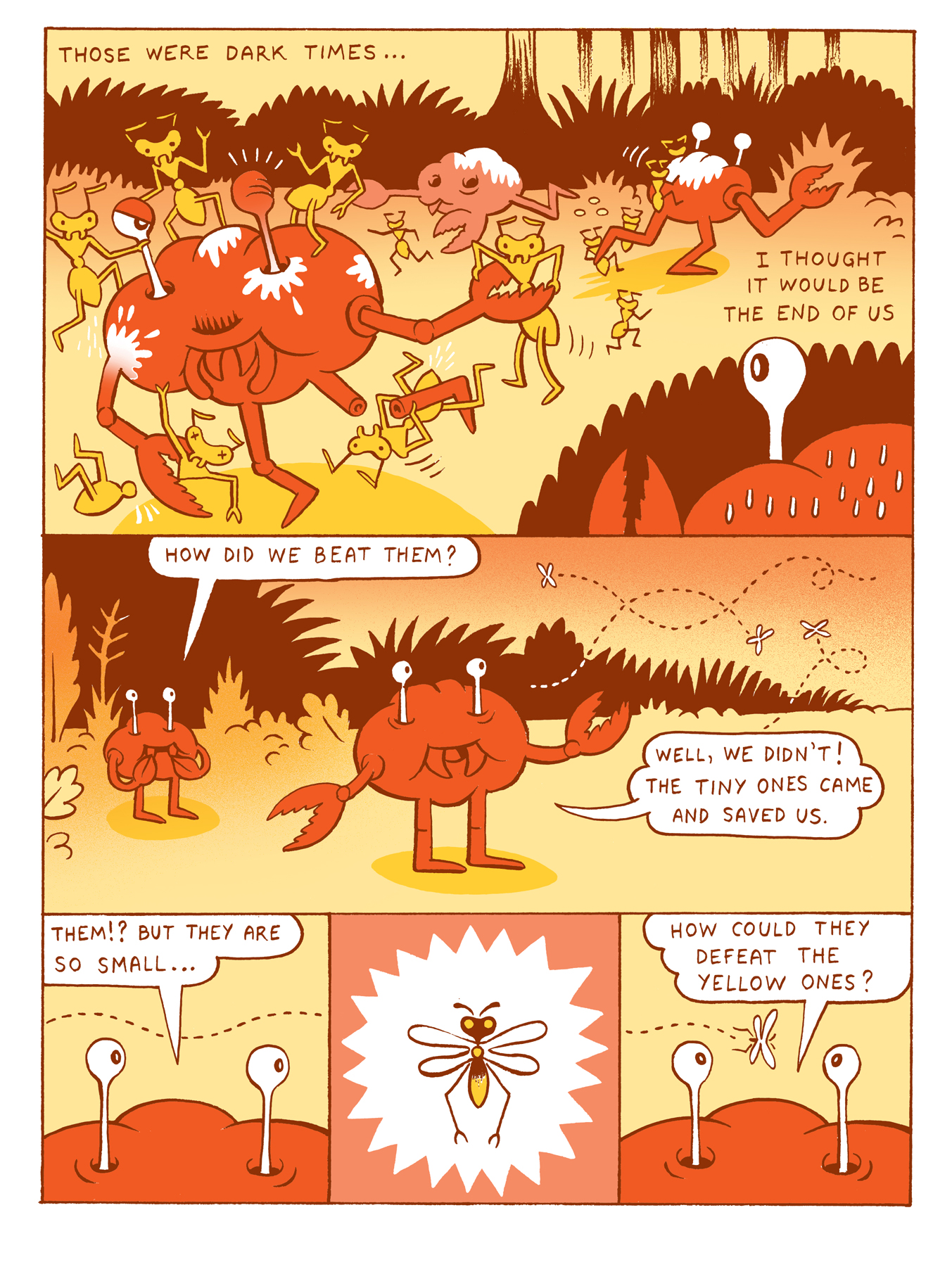
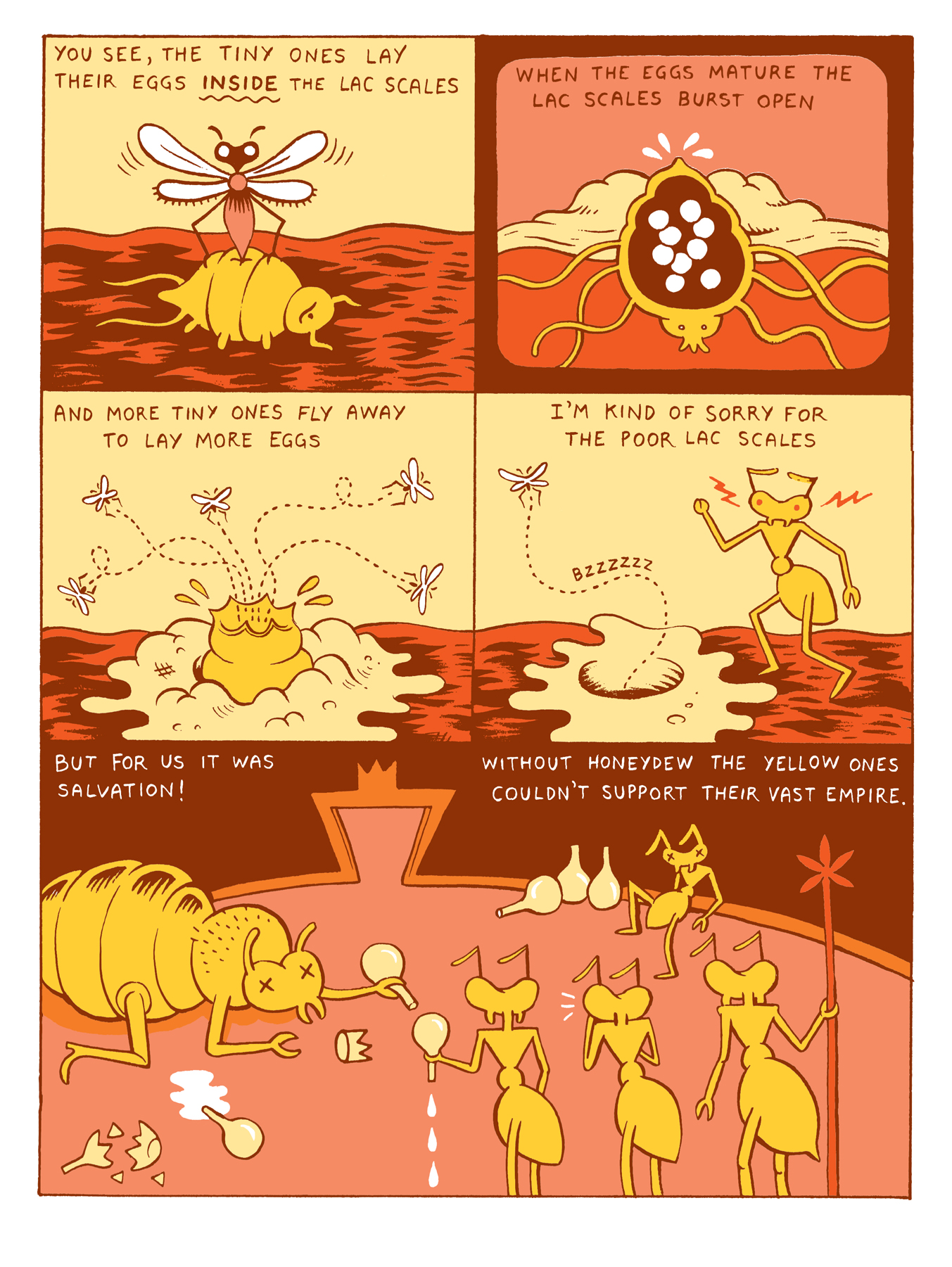
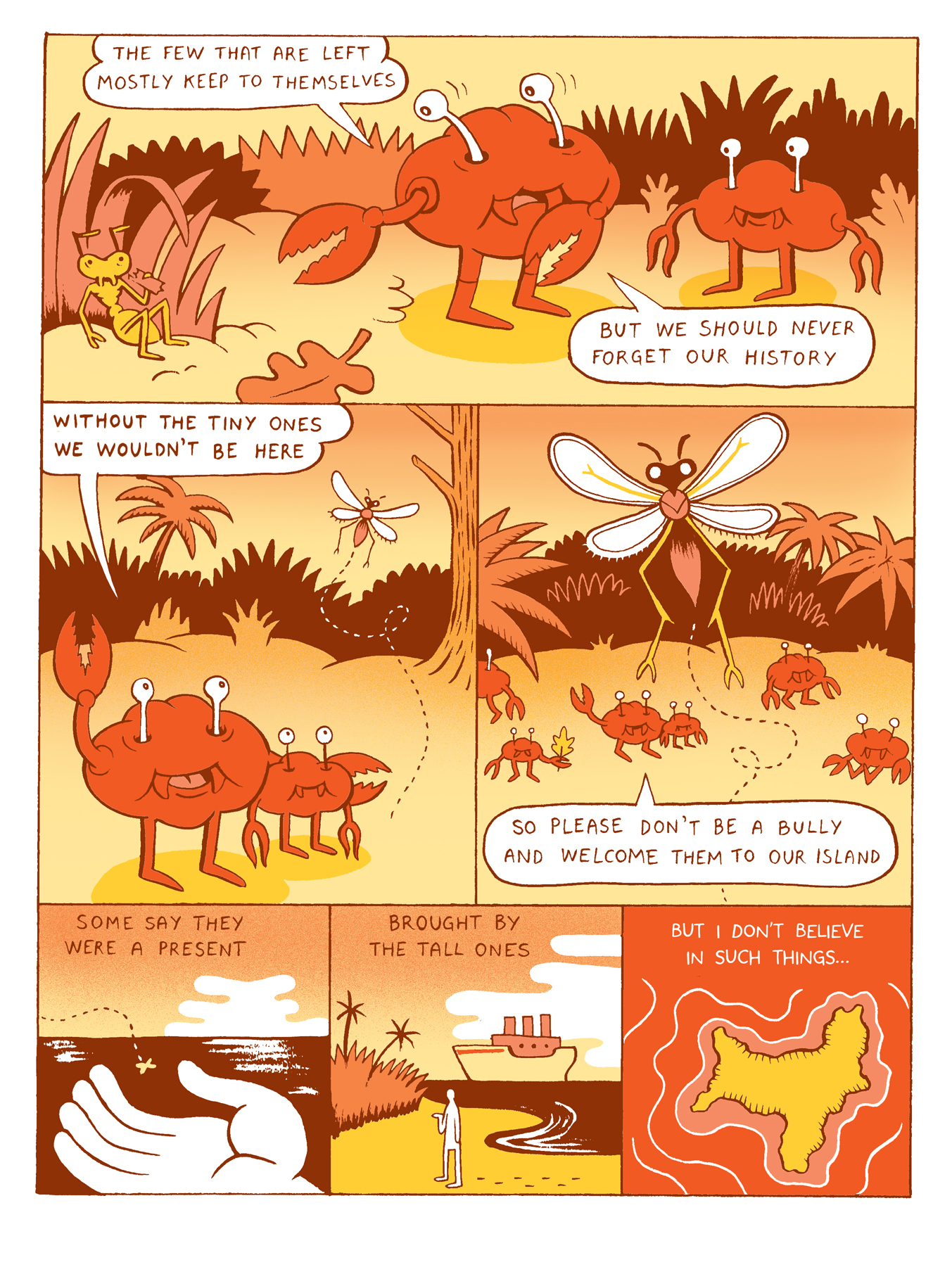
NOTE: Available also on Medium, with larger images.
I spent the best part of the week drawing a 6-pages comic to submit to the Stripburger open call. It’s a science-fiction story with much more ‘fiction’ than ‘science’ (for once) which I wrote a long time ago and it was really good to get out of my system. It features comets, an evil scientist and some kind of love… it’s a metaphor for how science, in its attempt to control the universe, sometimes forgets about human emotions. I hope you will be able to read it in print soon, in the meanwhile here is the cover:
I always wanted to experiment with webcomics and since I discovered the presentation software Prezi I thought it could be a good way to do it. This year I finally decided to give it a try and started working on a Prezi version of the famous T.S.Eliot poem: The Love Song of J. Alfred Prufrock (you can listen to the original, read by Eliot himself). This kind of adaptations are always dangerous but I preferred to work with an established text rather than my own story, in order to reduce the variables (as a scientist would say). In other words: if you don’t like it you can blame the technique – or my use of it – not the content. Also, I think that poems with their recursive structures and powerful images are very well suited to the format.
The result? Well, only you can judge (click on the picture to start the Prezi):
PS: my personal opinion is that Prezi needs a few major tweaks to become a real tool for cartoonist but it definitely has some potential.
I have recently finished reading The Information: A History, a Theory, a Flood by James Gleick and I haven’t been so excited about a non-fiction book for a very long long time. More than 400 pages about the history of science may be off-putting at first glance but Gleick is simply a master. He carefully blends the history of the scientific discoveries with the personal life of the scientists and the society around them, until you truly appreciate the ambition (and sometimes the loneliness) of their visions.
I’m not in the business of writing reviews but I really wanted to recommend this book somehow, so I decided to draw an illustration inspired by the 4th chapter of the book. Here Gleick tells the story of Charles Babbage and his colossal Analytical Machine. This tragic character – definitely one of my favourites – somehow dreamt of a modern ‘computer’ in the midst of the industrial revolution. He spent most of his life trying to build one, with little support besides the passionate letters of Ada Byron, daughter of the famous poet and pretty badass lady herself: self-taught mathematician and basically the world’s first computer programmer.
I am seriously thinking about turning their story into a short comic…